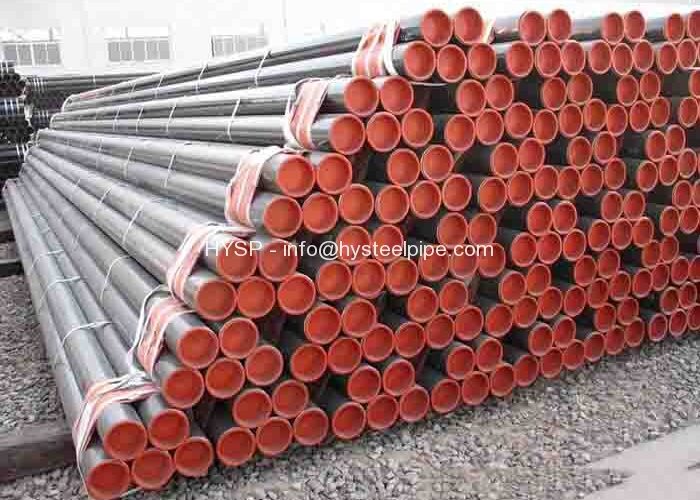Structural Steel Applications: S235, S275, S355 (4)
Structural steels are used in many ways and their application can be diverse. They are particularly useful because they offer the unique combination of good welding properties with guaranteed strengths. Structural Steel is an extremely adaptable product and is often favoured by the engineer trying to maximise strength or s structure while minimising its weight. read more →
Structural Steel: S235, S275, S355 (3) – Yield Strength & Tensile Strength
The Mechanical Properties of Structural Steel are fundamental to its classification and hence, application. Even though Chemical Composition is a dominant Factor of the Mechanical Properties of steel, it is also very important to understand the minimum standards for the Mechanical Properties (Performance characteristics) such as; Yield Strength and Tensile Strength. read more →
Structural Steels: S235, S275, S355 (2) – Chemical Composition
The Chemical composition of Structural Steels is extremely important and highly regulated. It is a fundamental factor which defines the Mechanical properties of the structural steels material. In the following table you can see the Max % levels of certain regulated elements present in European Structural steels grades S235, S275 and S355. read more →
Structural Steel: S235, S275, S355 (1)
Structural steel is a standard construction material, made from specific grades of steel and formed in a range of industry standard cross-sectional shapes (or ‘Sections’). read more →

API 5L Line Pipes Mechanical Properties
Line pipe grade designations come from API 5L Specification for Line Pipe. Standard Line Pipe has grade designation A and B. Stronger grades have the designation X followed by the specified minimum read more →
Send Enquiry Now
- 168#, Miao Qian Xi Jie, Yue Xiu District, Guangzhou, China
- ENQUIRY@HYSTEELPIPE.COM
- CONTACT US HERE !
New Products

ASTM A335 Grade P22 Alloy Pipe Steel 3inch SCH120
HYSP supplies high quality ASTM A335 Grade P22 Alloy Pipe Steel and tube 3inch SCH120 for high pressure and temperature applications.
ERW Steel Tubing 12inch ASTM A53 B
HYSP Steel Pipe supply you ERW Steel Tubing 12inch ASTM A53 B SCH40 or API 5L ERW steel pipes for your gas and oil line pipe or water pipes application.
API 5L B ERW Steel Tube OD 426MM
HYSP makes API 5L B ERW Steel Tube OD 426mm x 9.53mm WT DRL for your applications like gas and oil line pipe. we can customize size and steel grade per request.
L235 ERW Pipe EN10224 OD 323.9mm
HYSP steel pipe makes L235 ERW Pipe EN10224 OD323.9mm steel tubes for the conveyance of water and other aqueous liquids. we also produce as required size.
